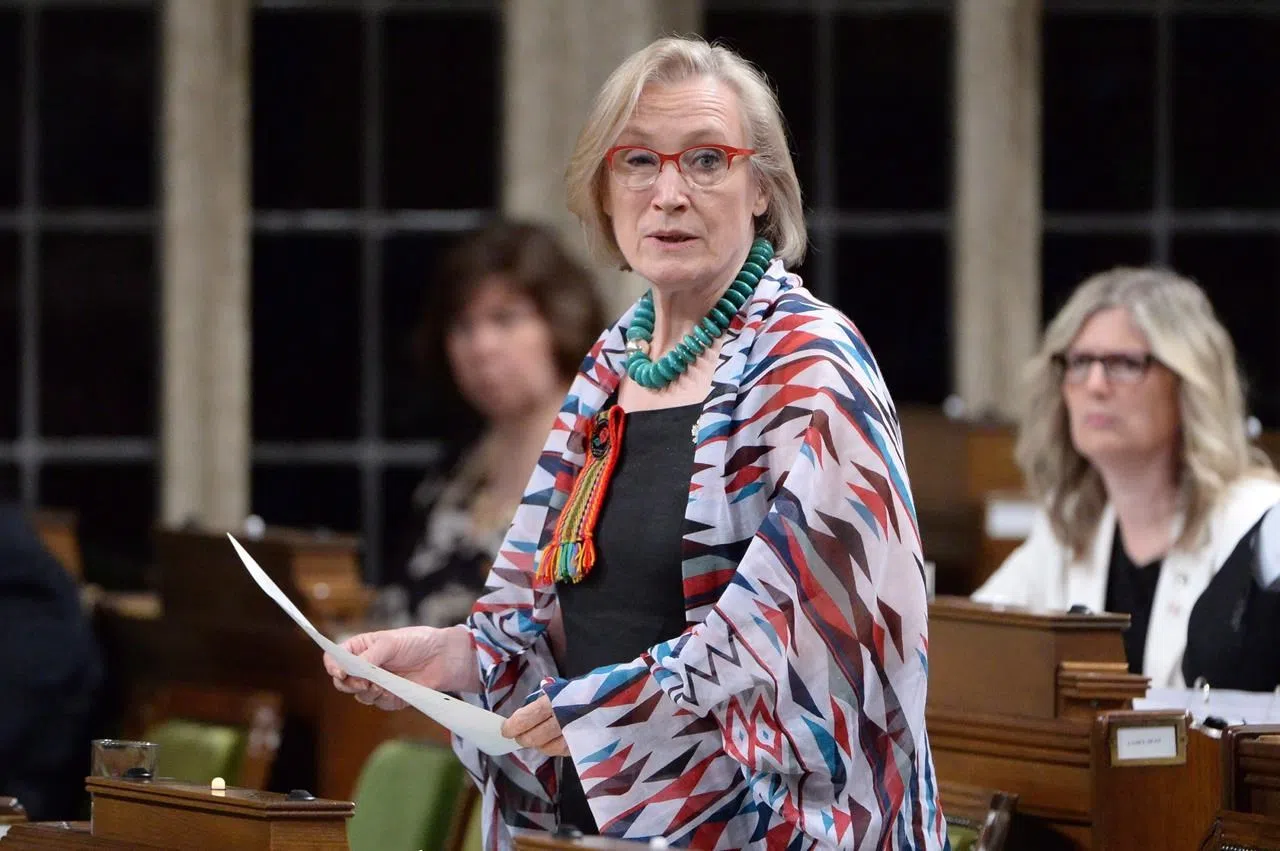
Federal government prepares to hand MMIW inquiry over to commissioners
OTTAWA — After shaping the design and scope of the inquiry into missing and murdered indigenous women, the federal government is set to hand over the process to five commissioners Wednesday at the Canadian Museum of History in Gatineau, Que.
A ceremony, expected to feature a number of indigenous traditions, will be held in the morning to mark the beginning of the commission’s work.
Indigenous Affairs Minister Carolyn Bennett, Justice Minister Jody Wilson-Raybould and Status of Women Minister Patty Hajdu will be on hand for the event. The ministers are also expected to meet the families of some victims following the announcement.
It is expected to be a highly emotional day for a number of long-time advocates who have repeatedly called on the federal government to open a national public inquiry into the phenomenon of missing and murdered indigenous women.



